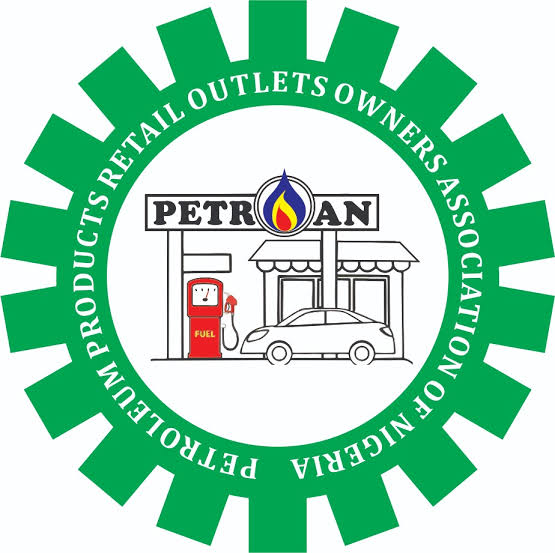 Mkpoikana Udoma
Mkpoikana Udoma
Port Harcourt — The Petroleum Products Retail Outlets Owners Association of Nigeria, PETROAN, has urged the Federal Government to strictly enforce its newly announced ban on the exportation of crude oil allocated to local refineries, warning that any sabotage of the policy could undermine Nigeria’s energy security and economic stability.
Recall that the Federal Government recently announced ban on export of crude oil meant to meet the needs of domestic refineries in the country, in a bid to boost local refining capacity, reduce the import of refined petroleum products and curb pressure on foreign exchange supply.
Hitherto, about 500,000 barrels of crude oil per day meant for domestic refining have been finding their way to the international market as producers and traders shortchange the policy for quick foreign exchange proceeds.
Reacting on the development, PETROAN’s National President, Dr. Billy Gillis-Harry, decried the long-standing practice where crude meant for domestic refining is exported for quick foreign exchange profits, leaving local refineries underutilized.
To ensure compliance, PETROAN’s National President, Gillis-Harry, in a statement signed by its National Public Relations Officer, Dr. Joseph Obele, called on the Nigerian Upstream Petroleum Regulatory Commission, NUPRC, to impose strict sanctions on refineries, cargo vessels, and companies that defy the policy.
“The exportation of crude oil meant for domestic refining has led to the abandonment of local refineries and created a major racketeering scheme where producers and traders prioritize foreign exchange earnings over national interest.
“We urge the NUPRC to take swift action against any refinery or company that attempts to bypass this directive. This policy will guarantee sufficient refined petroleum products in the country, leading to price reductions and better days ahead for Nigerian consumers,” he said.
The association regretted that approximately 500,000 barrels of crude oil per day are allocated for local refining, but a significant portion has historically been diverted to the international market.
PETROAN expressed optimism that with proper enforcement, the policy will strengthen Nigeria’s refining capacity, reduce reliance on imported fuel, and boost industrial growth in the petrochemical and agricultural sectors.
This article was originally posted at sweetcrudereports.com
Be the first to comment